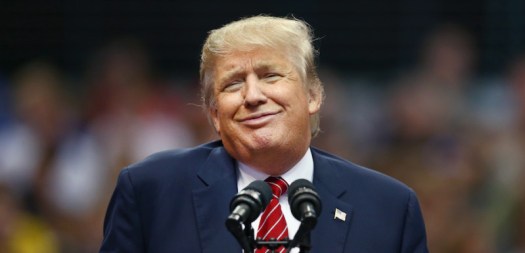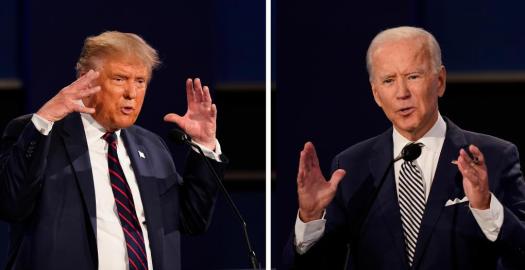We have two more months of this nightmare farce to play out. Expect more surprises and insanity—and more endless news coverage. But will he run again in 2024? His niece Mary Trump says, “He will never put himself in a position where he can lose like this again.”
The mad king’s reign is nearly over. Like Shakespeare’s King Lear, another narcissist raging on the heath, he’ll eventually be betrayed by the toadies who supported him. But not quite yet. As in the play, a potential civil war lurks in the background. Social insecurity is rampant. The king rages on.
But if we take Mary Trump’s words seriously, it’s only right to celebrate Joe Biden’s victory. Biden’s win was notable for its very cool minimizing of any threats from the opposition. Ignoring the constant noise was a good move. One hopes that attitude carries forward in his administration. The best defense against Trump is to ignore him.
And soon we may remember our mad king as a purveyor of farce as well as evil. A few things in this regard jumped out at me. One is last week’s Four Seasons press conference in which Rudy Giuliani’s feverish fantasies were on full display.
Apparently the event was to be held at one of the posh Four Seasons hotels but got ironically shifted to a Four Seasons Landscaping Service in Northeast Philadelphia (an area I once used to work in). It is located between a crematorium and a porn shop. As one commentator wrote, “No satirist has ever written anything this hilarious.” It was very much like something out of a Borat movie.
The mad king continues his ranting but fewer are listening. “’It’s like dealing with a lunatic on the subway. Everyone just kind of sits and stares ahead, pretends they can’t hear him, and waits for him to eventually get off,’ a GOP source close to the administration told The Daily Beast.” That tags it for me.
We would do well to remember George Carlin’s observation: “Think of how stupid the average person is, and realize half of them are stupider than that.”









